“I May Never Play Top Football Again”: Rodri’s Shock Admission and What It Means for Manchester City
When news broke that Manchester City midfielder Rodri Hernández had suffered a serious anterior cruciate ligament (ACL) injury, fans and pundits alike feared the worst. Rodri has been the heartbeat of Pep Guardiola’s side, a player so integral that City’s entire system often looks fragile without him. But what has truly rocked the football world is Rodri’s own candid reflection in the wake of the injury.
“I may never play top football again,” he is reported to have said — a startling admission that has not only raised alarm bells among City fans but also sparked a wider debate about the physical and psychological toll of modern football.
—
Why Rodri’s Words Matter
Rodri’s claim cuts deeper than a routine injury update because of who he is and what he represents. At 28, he is in his prime, the anchor of a team that has dominated English and European football. To hear him speak with such doubt about his future highlights the fragility of even the most robust careers.
An ACL tear is among the most feared injuries in sport. Recovery can take 6–12 months, and even then, players often struggle to return at the same level of intensity. Some never fully regain their explosiveness or confidence. For Rodri — a player whose game relies on physical dominance, precise timing, and positional awareness — any decline could have profound implications.
—
The Weight of Responsibility
Part of the reason Rodri’s words resonate is the sheer responsibility he has carried at City. Since Fernandinho’s departure, he has been Guardiola’s irreplaceable anchor. City’s shape, press-resistance, and attacking transitions are all built on his ability to control the midfield.
Last season, he played more minutes than almost anyone else in the squad, often skipping rest despite fatigue. Guardiola has admitted that without Rodri, City “do not function.” This dependency may have contributed to his injury. The burden of responsibility — both physically and mentally — has been immense. His sombre reflection may stem not just from the ACL itself but from years of accumulated strain.
—
Psychological Impact of Long-Term Injuries
When athletes confront long-term injuries, the psychological battle can be as daunting as the physical one. Rodri’s comment — “I may never play top football again” — speaks to this mental struggle.
Elite athletes are conditioned to control every variable of performance. An ACL rupture strips them of that control. The uncertainty of recovery, the fear of reinjury, and the prospect of losing their edge all weigh heavily. Even if medical science offers optimism, the player’s own perception often determines how successfully they return.
Rodri’s candid admission may simply reflect a low moment — an expression of fear rather than finality. Yet it underlines how precarious careers can feel, even for those at the very top.
—
What This Means for Manchester City
If Rodri were to struggle to return to his peak, City would face an existential challenge. Guardiola’s system has long relied on having a world-class defensive midfielder. Without him, City risk losing balance between defence and attack.
While new signings and tactical tweaks could mitigate his absence, replacing Rodri like-for-like is near impossible. His positional intelligence, ability to dictate tempo, and knack for scoring crucial goals (as seen in the Champions League final against Inter) make him unique.
City would likely lean on a combination of players — perhaps Mateo Kovačić, Matheus Nunes, or a repurposed John Stones — but none offers the same package. Guardiola could also accelerate a move for a high-profile replacement in the transfer market, though suitable candidates are scarce.
—
A Wider Issue in Modern Football
Rodri’s plight also raises questions about the modern football calendar. Players now compete in more matches than ever before, with international tournaments crammed into already congested schedules. The intensity of pressing systems, coupled with shorter off-seasons, places relentless strain on bodies.
Rodri has often voiced concerns about fixture overload. His injury and his pessimistic statement may well serve as a warning about the sustainability of football’s current demands. How many more stars will face career-threatening injuries before reforms are made?
—
The Ripple Effect at City
Beyond tactics, Rodri’s words could have ripple effects across the dressing room. City players are accustomed to seeing their leader in midfield as an unshakable presence. His vulnerability may force others to step up — but it could also dent collective confidence.
Pep Guardiola, too, faces a man-management challenge. He must keep Rodri motivated during rehabilitation while simultaneously reinventing his system to cope without him. Guardiola has always thrived on adversity, but this may be his toughest test yet: how do you replace the irreplaceable?
—
Rodri’s Legacy at Stake
Another layer to Rodri’s admission is the potential impact on his legacy. Until now, he has seemed destined to be remembered as one of the greatest holding midfielders of his generation — perhaps even surpassing Sergio Busquets in terms of versatility and big-game impact.
But long-term injuries can alter narratives. Players once hailed as future legends have seen their careers derailed, remembered more for what might have been. Rodri’s fear of never playing “top football again” is a recognition of how cruelly sport can shift trajectories.
—
Lessons from Others
Football history offers both cautionary tales and sources of hope. Some players — like Marco van Basten — saw their careers cut short by injuries in their 20s. Others, like Kevin De Bruyne and Virgil van Dijk, returned from major setbacks to remain elite.
Rodri’s body type, discipline, and professionalism suggest he has every chance to recover fully. Advances in sports medicine also make a comeback more likely than in decades past. His words may be born more of emotion than of medical reality. Still, they highlight the thin margins between greatness and decline.
—
The Human Side of Football
Fans often view players as machines — endlessly capable of performing, week after week. Rodri’s statement is a reminder that they are human beings grappling with fear, pain, and uncertainty. For a player so often described as calm and unflappable, his honesty is striking.
It also speaks to a growing culture of openness in sport. Where once players might have hidden such doubts, today’s stars are increasingly willing to speak about vulnerability. This is healthy for the game, encouraging empathy and dialogue around the psychological demands of elite competition.
—
Conclusion: A Career at a Crossroads
Rodri’s claim that he may never play top football again is not just about one player’s injury — it is about the fragility of dominance, the physical cost of glory, and the uncertainties that define sport.
For Manchester City, it is a potential turning point. Their system, so dependent on his presence, may need radical reshaping. For Guardiola, it is both a tactical puzzle and an emotional challenge. For football more broadly, it is a wake-up call about the unsustainable demands placed on athletes.
Yet amid the fear, there is also hope. Rodri has shown resilience throughout his career, rising from Atlético Madrid’s academy to become the best defensive midfielder in the world. If anyone has the mentality to overcome such a setback, it is him. His words may reflect a moment of despair, but his actions in the months ahead could yet define a triumphant comeback story.
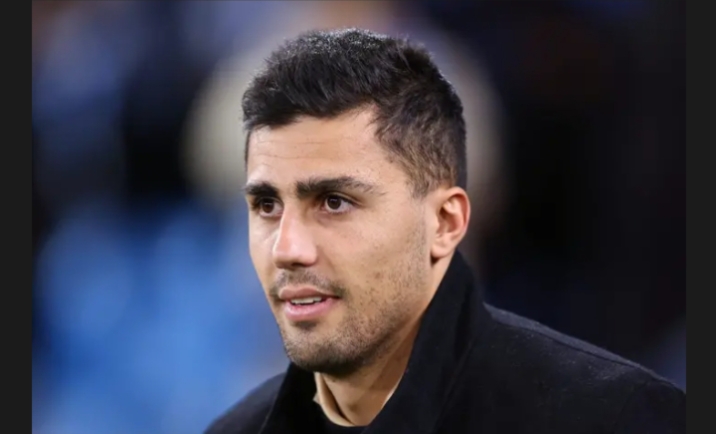
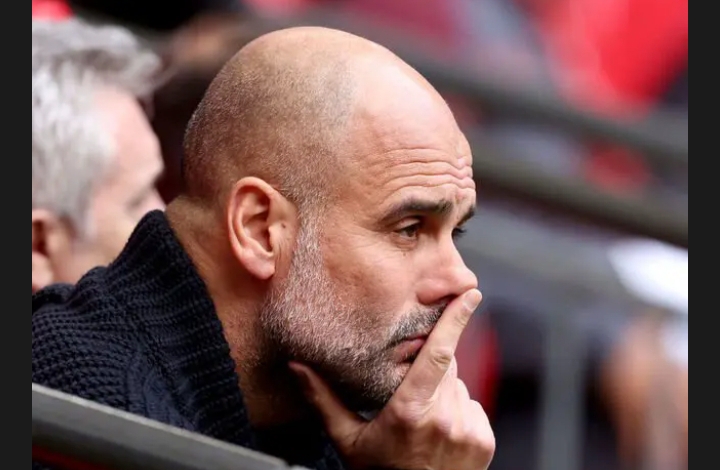
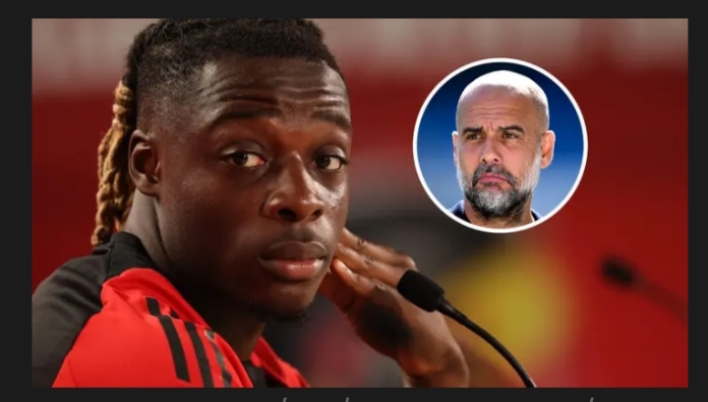
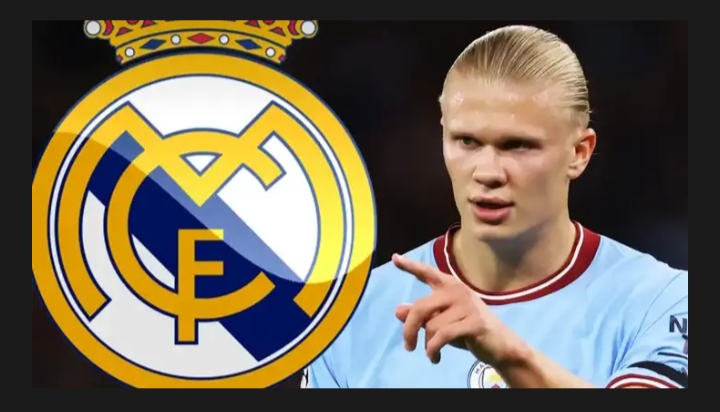
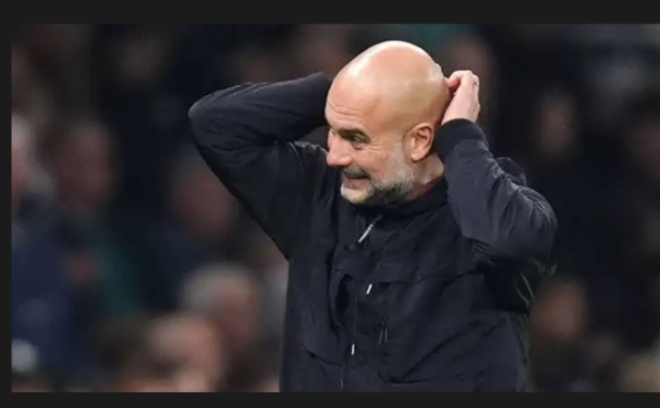
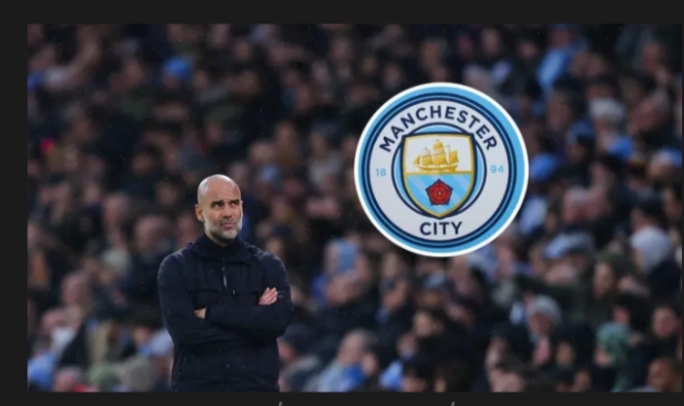
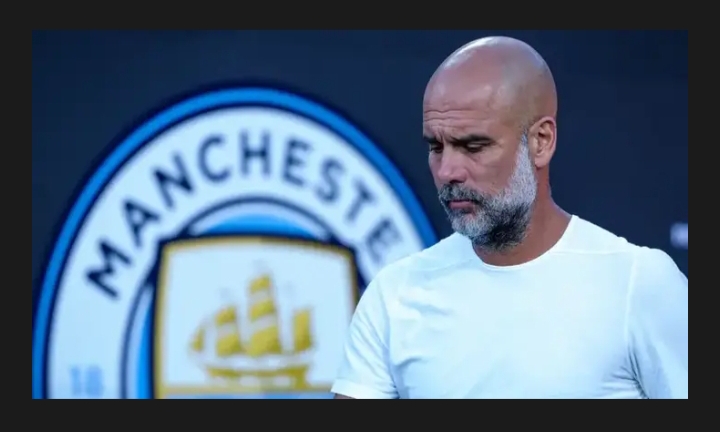
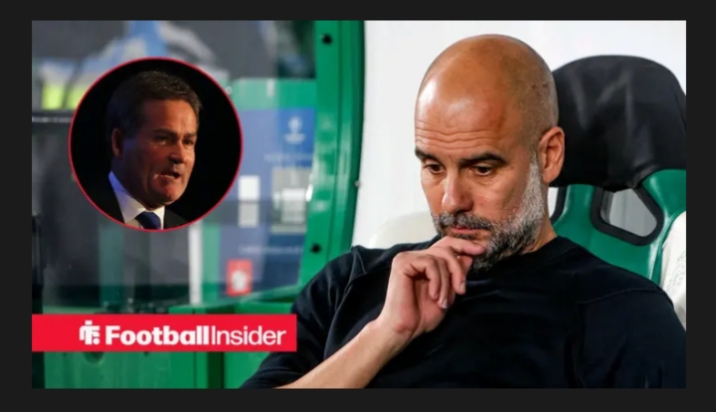
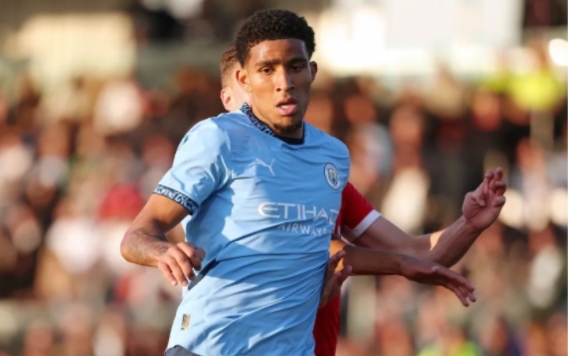
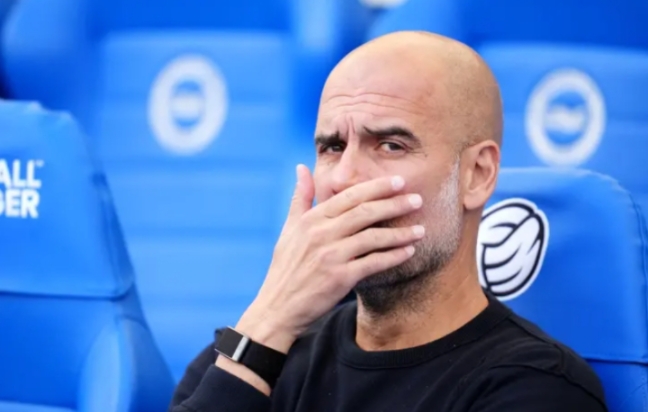
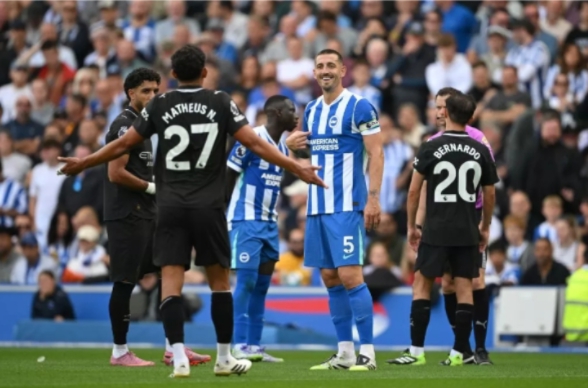
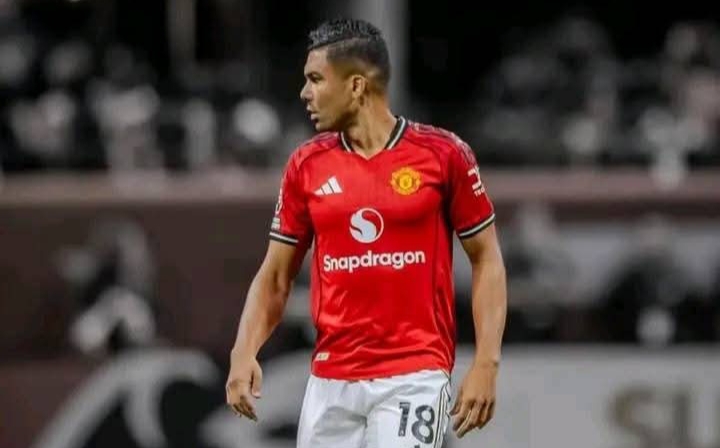
Leave a Reply